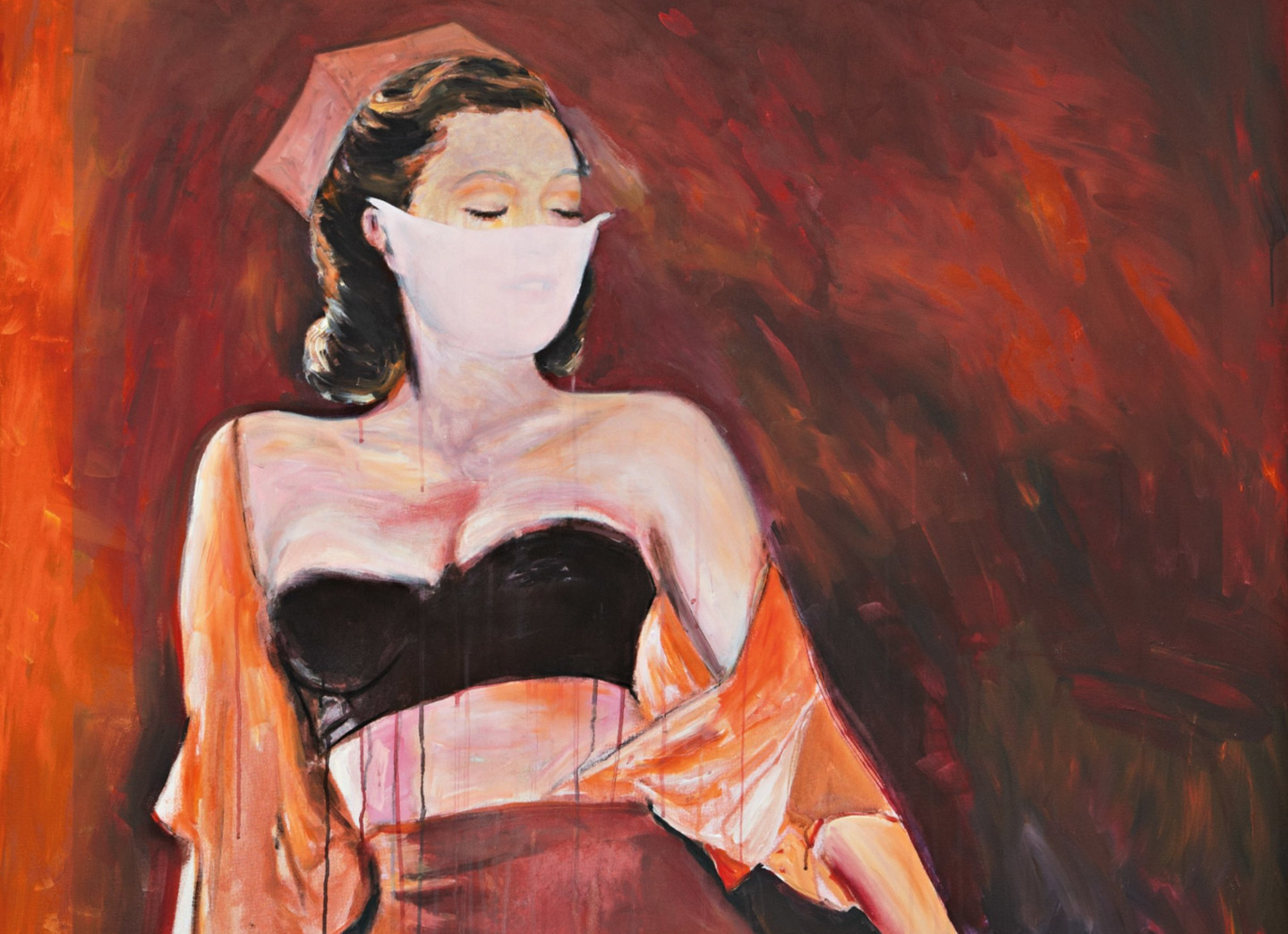Exploring the fantasy of the nanny
The role of myths and the collective unconscious
Origins and Representations of the Nurse Fantasy
The nurse fantasy has its roots in history and myths, with emblematic figures such as the Greek goddess Hera, who nourished the children of the gods. The role of the nurse has evolved over time, but she has remained associated with qualities such as gentleness, motherhood, and protection.
In cinema, the nurse is often depicted as a maternal or erotic figure, sometimes both at the same time. Take, for example, the film Le lait de la tendresse humaine (2001) by Christine Carrière, where a young mother descends into madness after giving birth and ends up confusing her baby with a nurse. This representation highlights the ambiguity between the maternal and erotic roles of the nurse.

The Why and How: Analyzing the Nurse Fantasy
The fascination with the nurse fantasy can be explained by several psychological and cultural factors. First, it is important to note that early experiences of love and care are often associated with the mother or nurse. This deep emotional connection may explain why the nurse fantasy is so widespread and persistent.
On the other hand, the nurse often embodies an ideal of femininity and motherhood, which can be both comforting and erotic. In films like The Hand That Rocks the Cradle (1992) by Curtis Hanson, the nurse is presented as a seductive and dangerous figure who uses her charms to manipulate and control. This representation plays with the viewer’s unconscious fears and desires, creating a captivating narrative tension.
Finally, the nurse fantasy can also be linked to issues of power and control. In films like La Môme vert-de-gris (1953) by Bernard Borderie, the nurse is a femme fatale who uses her role as a caretaker to spy and betray. This type of character highlights the duality of the nurse, both protector and traitor, questioning the boundaries of trust and dependence.
Conclusion: The Nurse Fantasy Through Time and Screens
The nurse fantasy is a complex and fascinating phenomenon that has traversed time and cultures to become ingrained in the collective imagination. Cinema has skillfully exploited this fascination, offering varied and sometimes disturbing representations of the nurse.
To deepen our analysis, it is interesting to examine the psychology behind this fantasy. Psychoanalyst Sigmund Freud, in his theory of the Oedipus complex, emphasized the importance of early emotional relationships and infantile erotic impulses. From this perspective, the nurse fantasy can be seen as a manifestation of these unconscious desires, which find expression in cinematic works.
Psychologist Carl Gustav Jung also explored the archetypes of the collective unconscious, including the figure of the “Great Mother,” embodying wisdom, motherhood, and protection. The nurse can be perceived as a contemporary incarnation of this archetype, resonating with deep individual desires and fears.
In summary, the nurse fantasy is a rich and complex phenomenon rooted in history, culture, and psychology. Cinema has captured this fascination, offering diverse and sometimes unsettling representations of the nurse, continuing to fuel our questions and imagination.
Questions:
What are the origins of the nurse fantasy?
The origins of the nurse fantasy date back to history and myths, with emblematic figures such as the Greek goddess Hera. The role of the nurse has evolved over time, but she has remained associated with qualities such as gentleness, motherhood, and protection.
How does cinema portray the nurse fantasy?
Cinema often depicts the nurse as a maternal or erotic figure, sometimes both at once. Films explore different facets of this fantasy, playing with the viewer's unconscious fears and desires.
What are the psychological and cultural factors behind the nurse fantasy?
Psychological factors include early experiences of love and care, infantile erotic impulses, and archetypes of the collective unconscious. Cultural factors involve ideals of femininity and motherhood, as well as issues of power and control.
How do psychoanalysis and analytical psychology explain the nurse fantasy?
Freud, in his Oedipus complex theory, emphasizes the importance of early emotional relationships and infantile erotic impulses. Jung explores the archetypes of the collective unconscious, including the figure of the "Great Mother," embodying wisdom, motherhood, and protection. The nurse fantasy can be seen as a manifestation of these unconscious desires and archetypes, which find expression in cinematic works.
Why does the nurse fantasy continue to fuel our imagination?
The nurse fantasy continues to fuel our imagination due to its complexity and its ability to resonate with deep individual desires and fears. Cinema, by offering diverse and sometimes unsettling representations of the nurse, taps into universal emotions and allows the exploration of different facets of this fantasy.



